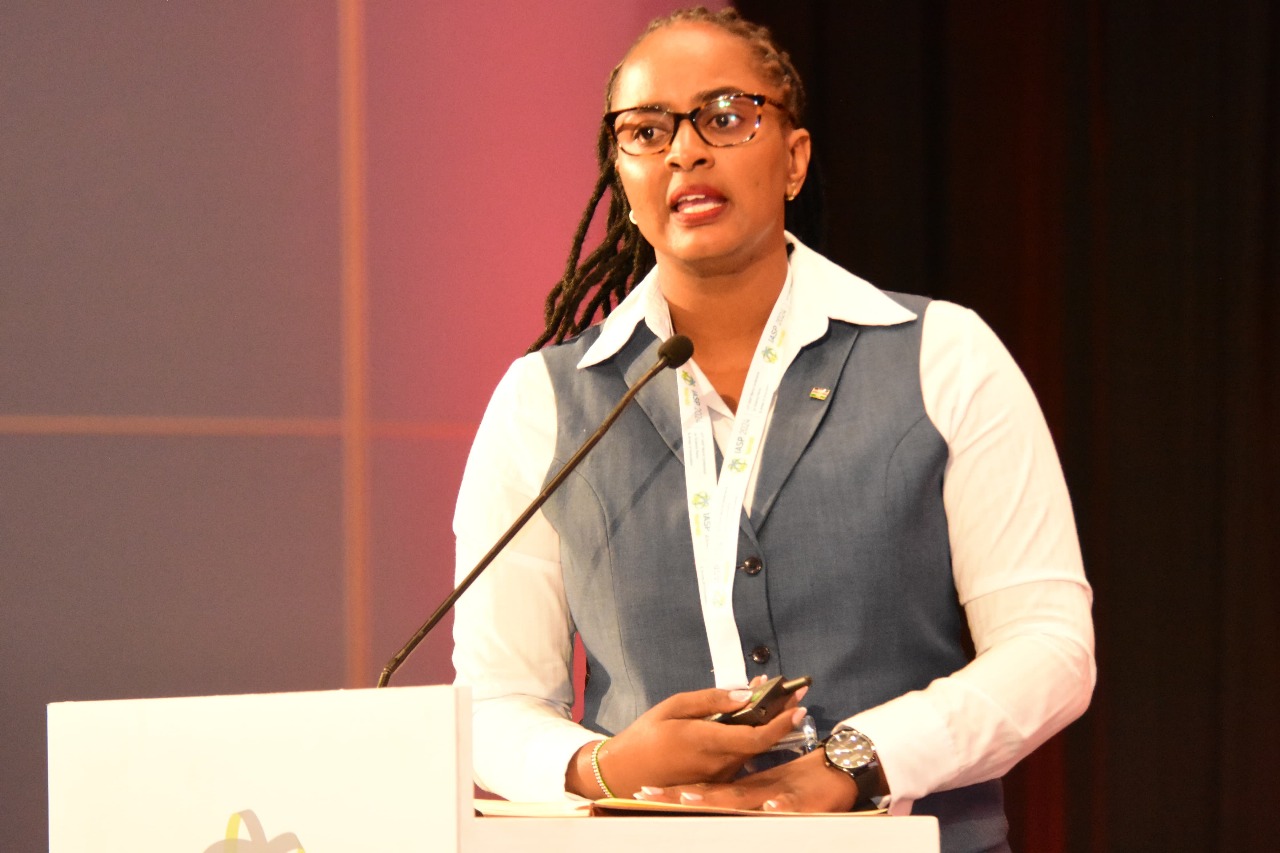Artificial Intelligence (AI) is no longer a revolutionary concept, it is a transformative force reshaping how we live, work, and learn.
From healthcare diagnostics to personalized shopping experiences, AI is enhancing efficiency and accessibility across sectors. But its impact is more profound in higher education, where it is redefining how knowledge is delivered, assessed, and experienced.
Scholars like Haroon Sheikh, Corien Prins & Erik Schrijvers, in their chapter Artificial Intelligence, argue that AI is a “machine imitating human intelligence and functioning appropriately and with foresight in its environment,” while Homero Gil de Zúñiga and colleagues frame it as the “real-world capability of non-human entities to perform task, solve, communicate, and interact like humans.
Kericho Poly principal backs new funding model, urges students to shun crime
These perspectives highlight a deeper truth that AI is not just a technological advancement, it reflects our values, creativity and evolving relationship with machines. It pushes us to rethink autonomy, intelligence, and even what it means to be human.
Harriet Kinya, a Principal Registration and Accreditation officer at the National Commission for Science, Technology and Innovation (NACOSTI) maintains that in universities and colleges, AI enables personalized learning.
In an interview, Ms Kinya averred that adaptive platforms that tailor content to individual students’ needs, pace, and comprehension levels are taking over and reshaping teaching and learning in institutions of higher learning.
“Tools like ChatGPT and other generative AI models provide real-time writing and research support,” she noted.
Automated grading reduces bias and frees educators to focus on curriculum development mentorship, while AI analytics help track student progress and improve retention.
She quipped that beyond classrooms, AI streamlines enrollment, scheduling, improved operational efficiency, student satisfaction and career readiness by fostering digital literacy and critical thinking skills that are essential for the AI- driven workforce.
ALSO READ;
Schools to close early for Third Term to pave way for examination roll out, MoE announces
Globally, countries like India and Brazil have integrated AI-powered platforms to support remote learning and grading.
However, challenges persist such as limited infrastructure, low digital literacy, and regulatory gaps that slow down meaningful implementation.
In Sub-Saharan Africa, adoption is uneven South Africa has made strides in integrating AI into research and curriculum design, while other nations rely on donor-funded pilots.
Kenya stands out for its deliberate and collaborative approach to AI in higher education, with its Digital Economy Blueprint and the establishment of the Kenya National Innovation Agency (KENIA), it signals a national commitment to leveraging AI for educational transformation.
Challenges remain, a review of more than 30 studies reveals that many students lack ethical frameworks for responsible AI use, and unclear policies raise concerns about data privacy, bias, and academic integrity. As Nguyen Trung argues, success depends on human-centred learning and strong ethics framework.
Ms Kinya maintains that AI elevates higher education by making it more personalized, efficient, and responsive. But its real power lies in how thoughtfully we integrate it, balancing innovation with ethics and automation with empathy.
“Technology should remain a tool that amplifies, not replace effective teaching and authentic human connection,” she said.
By Kamau Njoroge
You can also follow our social media pages on Twitter: Education News KE and Facebook: Education News Newspaper for timely updates.
>>> Click here to stay up-to-date with trending regional stories
>>> Click here to read more informed opinions on the country’s education landscape






